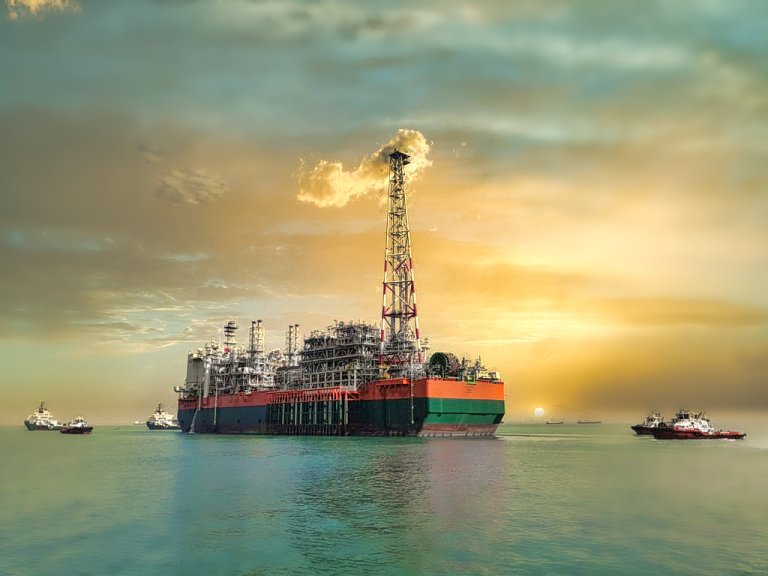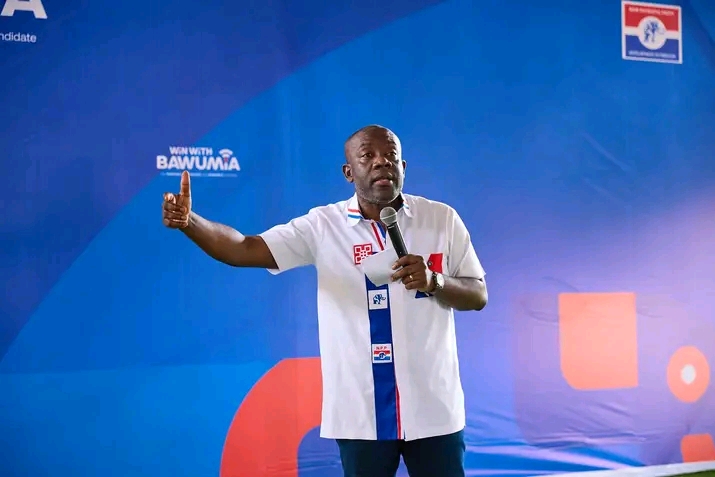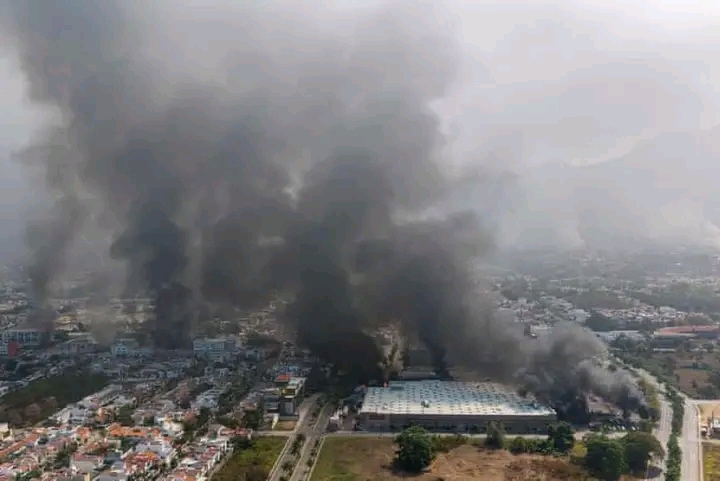By Kekeli K. Blamey
In a significant milestone, Senegal has successfully refined its oil for the first time at a refinery near Dakar, marking a breakthrough in the country’s energy sector.
The African Refinery Company (SAR), which has been operating since 1961, refined Senegal’s first domestically produced crude oil from the Sangomar field. This achievement comes after Senegal began oil production in June at the Sangomar field, operated by Australian company Woodside Energy.
According to SAR, between February 8, 2025, and the present, the company has refined 650,000 barrels of crude oil, yielding 90,000 metric tons of products such as diesel, kerosene, petrol, and butane gas. The refined products have been transported to designated storage facilities.
Senegal’s oil and gas production is expected to support both exports and domestic consumption, generating billions of dollars in revenue and accelerating economic transformation.
The country also started producing gas in late December from a shared field with Mauritania along their maritime border. This development is a significant step towards energy self-sufficiency and economic growth for Senegal.
The government has expressed optimism about the potential benefits of the oil and gas sector, including increased revenue, job creation, and improved living standards for citizens.
Background
Senegal’s journey to becoming a significant oil and gas producer has been long and arduous. The country’s first seismic investigations began in the 1950s, with the first onshore well showing signs of gas in 1954. However, it wasn’t until the early 2010s that sizable reserves suitable for commercial extraction were discovered.
In recent years, significant oil and gas reserves have been identified, totaling around 1 billion barrels of oil and 40 trillion cubic feet (Tcf) of gas. The SNE field, discovered in 2014, is one of the largest offshore oil discoveries in West Africa. Gas discoveries followed in 2016 and 2017 near the Senegal-Mauritania border.
However, despite these discoveries, Senegal’s oil and gas sector has faced significant challenges. In November 2023, BP Plc withdrew from the Yakaar-Teranga gas field due to a dispute over its use. The project had been touted as a game-changer for Senegal’s economy, but its future is now uncertain.
The country’s economic projections hinge on becoming a significant natural gas producer, with expected exports of up to 100,000 barrels of oil per day and a minimum of 2.5 million tons of LNG annually from the GTA project.
However, with the latest setbacks and political turmoil, Senegal joins other African nations that have struggled to capitalize on their oil and gas discoveries.
Factors such as project delays, political instability, and mismanagement have limited export revenues, leading to increased borrowing and worsening financial conditions. Senegal faces rising debt costs, and the country’s newly appointed Energy and Mines Minister, Birame Souleye Diop, has stated that the government may renegotiate oil, gas, and mining contracts following an audit.
The International Monetary Fund predicts that Senegal’s forthcoming oil and gas production will propel economic growth to double digits next year. However, it remains to be seen if this could be the year for Senegal to optimize its abundant resources truly.







